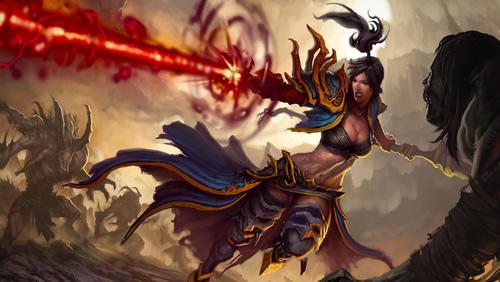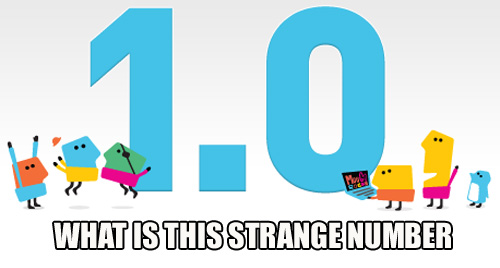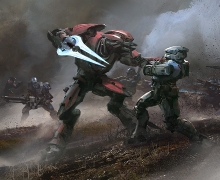IGN gave 84 games a 9 or higher in 2012, which is considered “Amazing” on their scale.
I shouldn’t have to say anymore than that to render you speechless, but let’s look at the full description for a 9 on the IGN rubric:
“One of the best games out there. When this generation of games ends, people will look back and say, “This was one of the best games made for the system.” It might have a few flaws, but this is a must-buy.”
Again, that should be all I need to say. IGN says there were 84 of those in 2012. Seems incredible, right? 2012 was a surprisingly good year for games, but 84? How many games did you play last year? 12? Maybe 15 on the high-end? And yet IGN is telling us that when this generation of games ends, we will look back at 84 different games in 2012 (this isn’t including each version of a multiplatform title) and say it was one of the best games made for its respective system? That’s insane and it is becoming an issue. What is the average gamer supposed to do with that? Continue reading 9GN: How IGN Went Overboard With Game Reviews





